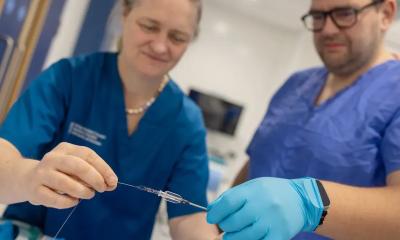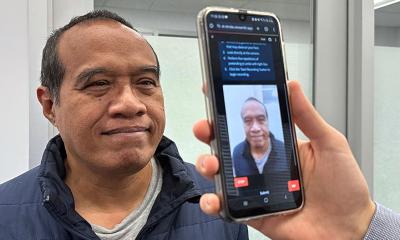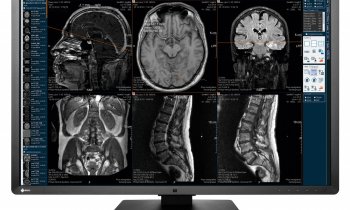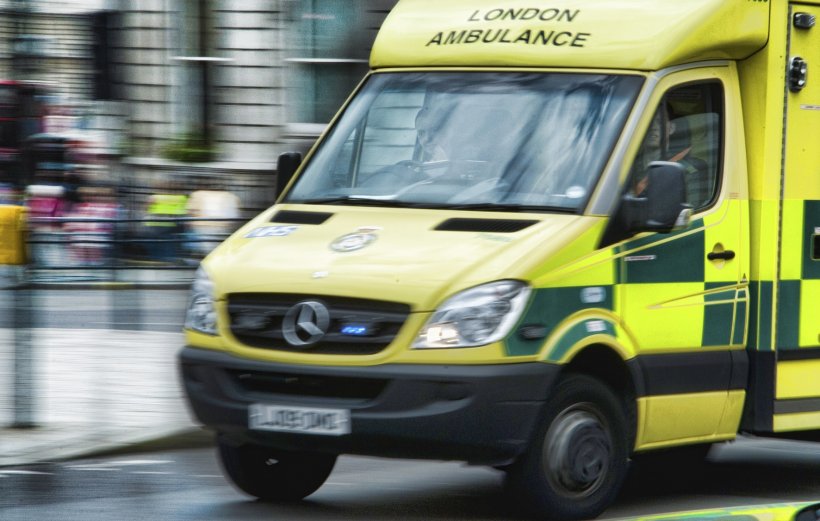
l.bailey_beverley, London ambulance motion blur, CC BY 2.0
News • Increased survival
Saving lives with centralised stroke services
A new analysis from University College London, King's and the University of Manchester finds an extra 69 lives are being saved every year as a result of further centralisation of services in Greater Manchester.
In London, where earlier research had shown that centralising acute stroke services saved an extra 96 extra lives per year, these improvements have been sustained over time. Strokes, which occur when brain function is lost due to impaired blood supply, caused by blood clots or internal bleeding, are a leading cause of death and disability worldwide. In England, people experience over 100,000 strokes a year, leading to 32,000 deaths. The study recently published in the BMJ and funded by the National Institute for Health Research (NIHR), analysed data from 500,000 hospital admissions between 2008 and 2016. Researchers compared stroke survival rates and length of hospital stay in London and Greater Manchester compared with other urban areas in the rest of England.
This collaborative research makes clear that centralising stroke services in urban areas and providing evidence-based acute care, saves lives and frees up beds in our overstretched hospitals
Charles Wolfe
Before the centralisations of stroke services, suspected stroke patients were taken to the nearest emergency department to receive stroke care and then treated on a stroke unit or general ward. Since the centralisation in London in 2010, patients are now taken directly to designated Hyper Acute Stroke Units (HASUs) where they receive 24/7 specialist care. In Greater Manchester between 2010 and 2015, only stroke patients seen within four hours of developing symptoms were taken directly to a specialist stroke centre and no hospitals stopped providing stroke services entirely as a result of centralisation. Further centralisation to stroke services in Greater Manchester in 2015 enabled all stroke patients to receive hyper-acute care, and this has been shown to save the lives of an extra 69 patients per year who would have died under standard hospital treatment. The 2014 research showed that a less ‘radical’ centralisation of services in 2010 had not reduced mortality rates but only length of hospital stays.
Recommended article
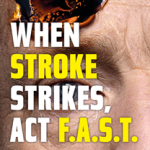
News • Stroke campaign
If you suspect a stroke, act F.A.S.T.!
Newcastle stroke experts are backing a regional campaign launched by Public Health England (PHE). The Act F.A.S.T. stroke campaign launched in the North East urges the public to call 999 if they notice even one of the signs of a stroke in themselves, or in others. Current figures show there are over 64,500 people on GP registers in the North East who have had a stroke, and in 2016 1,765 people…
This collaborative research makes clear that centralising stroke services in urban areas and providing evidence-based acute care, saves lives and frees up beds in our overstretched hospitals
Charles Wolfe
Professor Charles Wolfe, Head of the School of Population Health & Environmental Sciences at King's said: “This collaborative research makes clear that centralising stroke services in urban areas and providing evidence-based acute care, saves lives and frees up beds in our overstretched hospitals."
"Our study highlights the crucial benefits a further centralisation of stroke services has bought to Greater Manchester. Making HASUs available to all stroke patients, has resulted in significantly fewer deaths from strokes per year,” said lead author, Professor Stephen Morris from UCL's Department of Applied Health Research. In addition we found the overall length of hospital stay in Greater Manchester has fallen by one and a half days which amounts to approximately 6,750 fewer bed-days a year.”
Source: King's College London
06.02.2019



